
Thunderbirds are No!
A coalition of charities has welcomed the decision by BBC Studios and ITV Studios to withdraw their support for a proposed theme park in North Kent that would have a devastating impact on a nationally important wildlife site.

A coalition of charities has welcomed the decision by BBC Studios and ITV Studios to withdraw their support for a proposed theme park in North Kent that would have a devastating impact on a nationally important wildlife site.
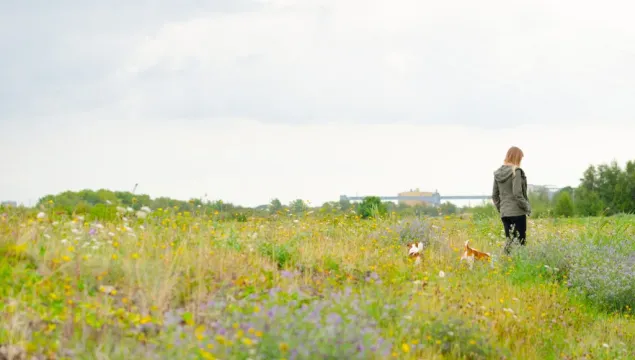
Plans to build a theme park on top of 100 hectares of a nationally important wildlife site have been withdrawn at the eleventh hour.
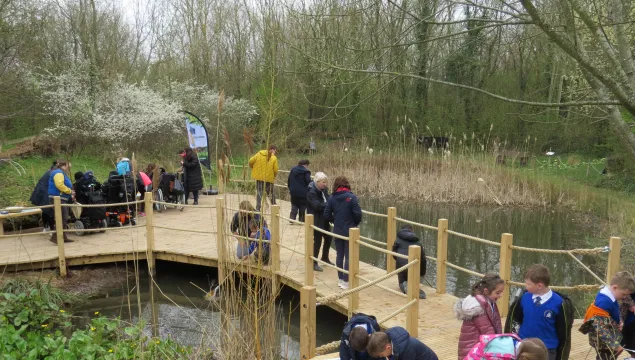
Kent Wildlife Trust are delighted to showcase new pond dipping platforms at Tyland Barn Nature Park, the charity’s headquarters in Maidstone, Kent.
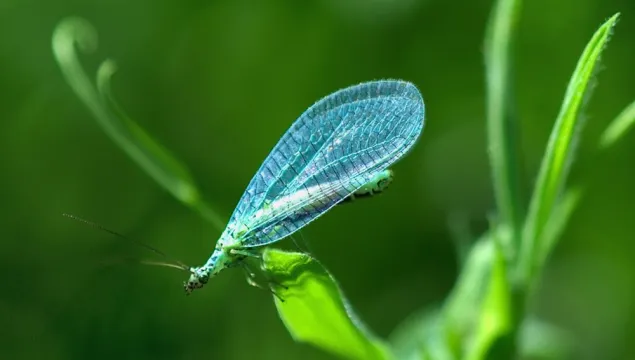
A citizen-science survey, led by Kent Wildlife Trust and Buglife, has found that the abundance of flying insects in Kent has plummeted by over 70% over the last 17 years; highlighting a worrying trend and the crucial need for insect-focussed conservation research, nationwide.
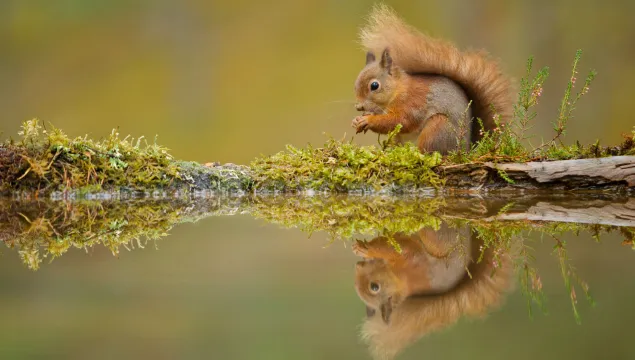
Over six months have passed since the landmark Environment Act was enacted – the first dedicated environmental legislation for nearly 30 years and the first time England has set legally binding targets for nature’s recovery.
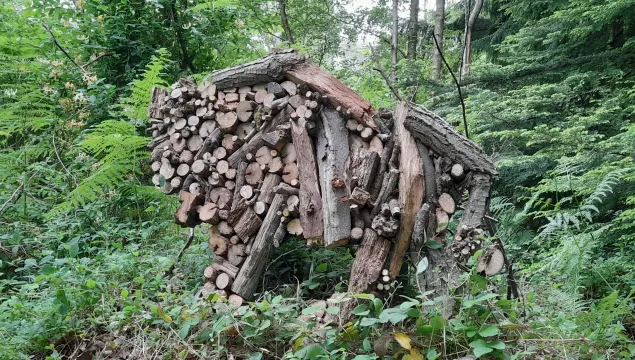
Canterbury artists have joined forces with Kent Wildlife Trust to celebrate the Wilder Blean Project, a pioneering initiative in which bison will roam West Blean and Thornden Woods.
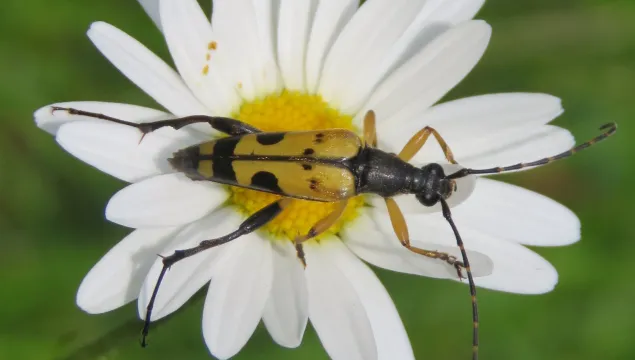
Wildlife charities are asking people in Kent to count the number of insects splattered on their number plate to help experts fully understand local insect populations.

An artistic celebration of the ground-breaking Wilder Blean project, in which wild bison will be released into a Canterbury woodland, has been unveiled around the city.

As experts predict the hottest day of the year – two leading conservation charities release bison into the wild to help tackle the climate crisis.
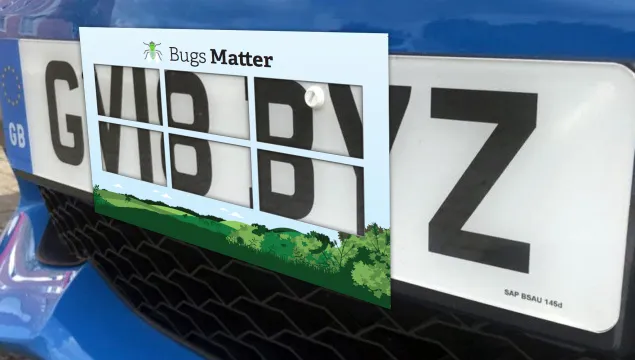
1st June saw the much-anticipated launch of Bugs Matter 2022, the annual national insect survey led by Kent Wildlife Trust and Buglife. So far in 2022, citizen scientists have recorded over 3000 journeys across the UK! The data collected provides vital information on the health of our insect populations, and our environment as a whole. The survey continues until the end of August – so there is still time to download the Bugs Matter app and get involved.
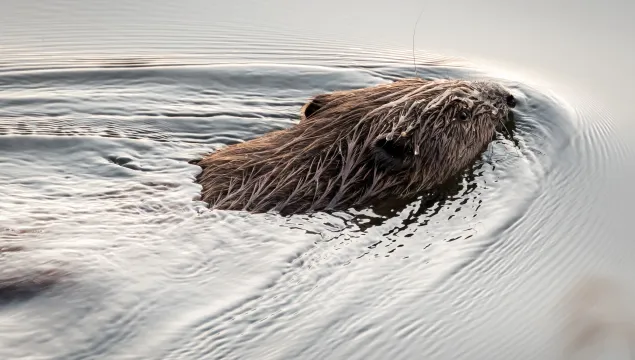
Kent Wildlife Trust welcomes new legislation and calls for sensible beaver management guidance

A Town Council who transformed a piece of land into an oasis for bees and butterflies was among those recognised for their efforts as part of the 2022 Wilder Kent Awards.